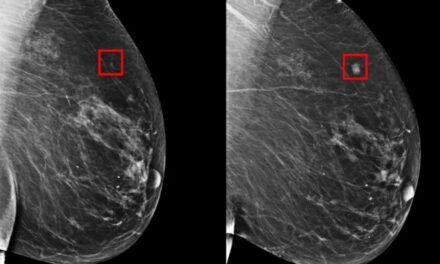Adelaide, Australia – Scientists at the University of South Australia (UniSA) have announced a significant advancement in cannabidiol (CBD) delivery, potentially revolutionizing treatment for epilepsy, multiple sclerosis, and other neurodegenerative diseases.
The research team, led by Professor Sanjay Garg, has developed a novel phospholipid complex that dramatically improves the water solubility and absorption of CBD, a non-psychoactive compound found in cannabis. CBD is renowned for its analgesic, anti-inflammatory, and neuroprotective properties, but its clinical effectiveness has been hampered by its poor bioavailability.
The findings, published in the International Journal of Molecular Sciences, reveal that the phospholipid complex increased CBD solubility by up to six times and significantly enhanced absorption in the gastrointestinal tract. This breakthrough means patients may achieve therapeutic benefits with lower doses of oral CBD medications, leading to more consistent and effective outcomes.
“Currently, only a small fraction of orally ingested CBD reaches the bloodstream, limiting its therapeutic effects,” explained Professor Garg. “For this reason, a number of different formulations have been explored, including the production of synthetic CBD, self-emulsifying delivery systems, and encapsulating CBD in gelatine matrix pellets, but all of them have only resulted in minor improvements in bioavailability.”
The UniSA team identified the optimal phospholipid composition to create nanosized CBD-PLC particles. Compared to pure CBD, the phospholipid complex improved dissolution rates from 0% to 67.1% within three hours, indicating a substantial enhancement in drug release. Cellular uptake studies showed that CBD-PLC exhibited 32.7% higher permeability than unmodified CBD, ensuring greater absorption through the intestinal wall.
A key advantage of this new delivery system is its stability. Traditional CBD formulations can degrade over time when exposed to heat, light, or oxygen, reducing their potency and shelf life. However, the CBD-PLC formulation maintained its performance over 12 months under various storage conditions, making it a more reliable option for pharmaceutical applications.
“Improved bioavailability means that lower doses can achieve the same therapeutic effect, potentially reducing side effects and making treatment more cost effective,” said Thabata Muta, PhD candidate and first author of the study.
The research team believes this innovation could be applied to enhance the absorption of other poorly water-soluble drugs. With the global CBD market projected to experience substantial growth, these findings are particularly timely.
The team is now pursuing opportunities for commercialization and clinical trials to validate their new formulation.
Disclaimer: This news article is based on information provided by the University of South Australia and reflects the findings of their research. It is important to note that further clinical trials and regulatory approvals are necessary before this new CBD formulation can be made widely available. This article is for informational purposes only and does not constitute medical advice. Consult with a qualified healthcare professional before making any decisions related to your health or treatment.(https://www.news-medical.net/news/20250320/New-cannabis-formula-will-help-epilepsy-multiple-sclerosis-sufferers.aspx)












